North Korea’s reconnaissance satellite crashes into sea after rocket failure
North Korea’s first military reconnaissance satellite launch has ended in failure after the rocket's newly developed second-stage thruster malfunctioned, state media said.
Korean Central News Agency (KCNA) reported on Wednesday that the launch of the new-type satellite carrier rocket "Chollima-1" failed because of instability in the engine and fuel system, sending the booster and payload plunging into the sea.
According to KCNA, the National Aerospace Development Administration launched "Malligyong-1" loaded on the "Chollima-1" as scheduled at the Sohae Satellite Launching Ground in Cholsan County of North Pyongan Province at 06:27 local time on Wednesday.
The carrier rocket crashed into the West Sea of Korea along with the loss of thrust because of an abnormal start of the second-stage motor after the first-stage separation while making a normal flight, the report said, adding that “the reliability and stability of the new engine system” was “low” and the fuel used “unstable,” leading to the mission’s failure.
A spokesman for the National Aerospace Development Administration said the cause of the failure is being investigated by the scientists, technicians, and specialists at the institute.
North Korean officials have underscored that a second launch would be held "in the nearest future" once authorities are able to correct the technical issues, after conducting new interstager tests.
Reuters cited George William Herbert, an adjunct professor at the Middlebury Institute’s Center for Nonproliferation Studies, as saying that the images showed at least part of a rocket, including an “interstage” section designed to connect to another stage.
Herbert said North Korea's new rocket was probably a liquid-fuel rocket and the round, brown object inside is likely a propellant tank for either fuel or oxidizer.
North Korea’s rocket launch triggered a series of emergency alert systems and sirens in Japan and South Korea as residents of both nations were urged to seek shelter. Shortly after the initial reports were aired, the South Korean Interior Ministry admitted to having issued “erroneous” warnings in Seoul.
The United States, Japan and South Korea condemned North Korea’s failed missile launch.
Meanwhile, a United Nations spokesperson for the UN chief said North Korea was not allowed to launch missiles.
"The Secretary-General strongly condemns the military satellite launch conducted by the Democratic People’s Republic of Korea," Stephane Dujarric, spokesman for the Secretary-General, said in a statement, adding that any launch by Pyongyang using ballistic missile technology is "contrary" to the relevant Security Council resolutions.
Before launching the satellite, North Korea announced that it would be launching a reconnaissance satellite in response to ongoing military drills being carried out near the Korean Peninsula.
North Korea has been very open about its rocket development program, saying Pyongyang’s objective is to defend the nation against US aggression exemplified in its continuous military drills and deployment of nuclear weapons to the Korean Peninsula.
The most recent of the military drills began last week, when American and South Korean forces started live-fire exercises simulating an alleged "full-scale attack" from North Korea.
Citing "reckless" acts by Washington and Seoul, Ri Pyong Chol, vice-chairman of the Central Military Commission of the North's ruling Workers' Party, said on Tuesday that Pyongyang felt "the need to expand reconnaissance and information means and improve various defensive and offensive weapons" in an effort to bolster its military preparedness.
The official also accused the US of conducting "hostile air espionage activities on the Korean peninsula and in its vicinity."
Pyongyang will continue to develop its weapons programs, KCNA said Friday, calling it a "legitimate right of a sovereign state to have more powerful means of self-defense" to fend off "serious situations and prospective threats".
Iraq's First Lady urges US to 'leave the Kurds alone'
Iranian Army vows revenge after 'cowardly attack' by US Navy on Frigate Dena
Iran carries out 20th wave of Op. True Promise 4 against Zionist entity, US bases
Araghchi to Trump: Plan A of military victory failed, Plan B will be 'bigger failure'
USS Abraham Lincoln flees after precision strike by IRGC drones in Sea of Oman
Yemen signals readiness for unified front with Iran against US-Israeli war coalition
Iran’s Army and IRGC destroy seven more Hermes, MQ-9 drones in retaliatory ops
'Iran no place for Hell dwellers': Iran’s security chief warns against ground offensive


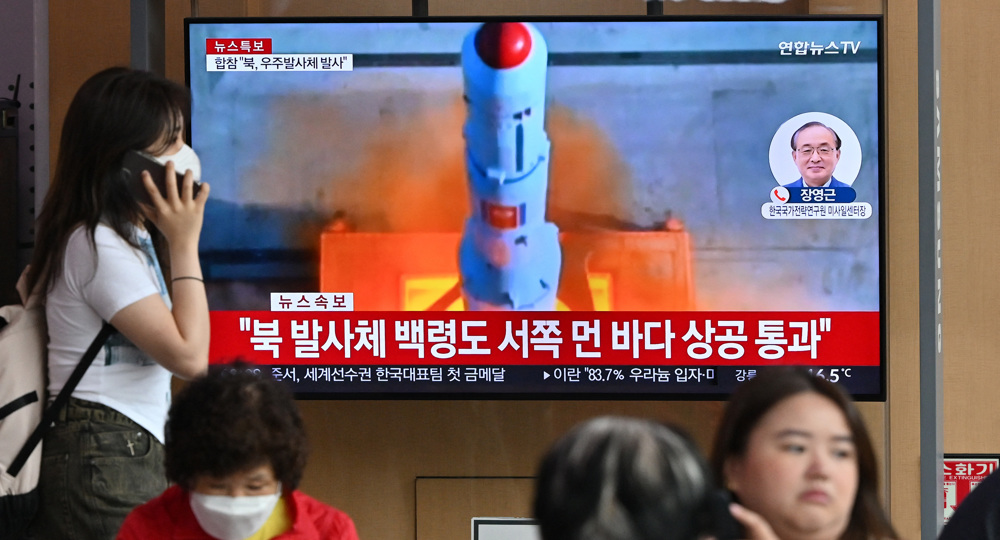
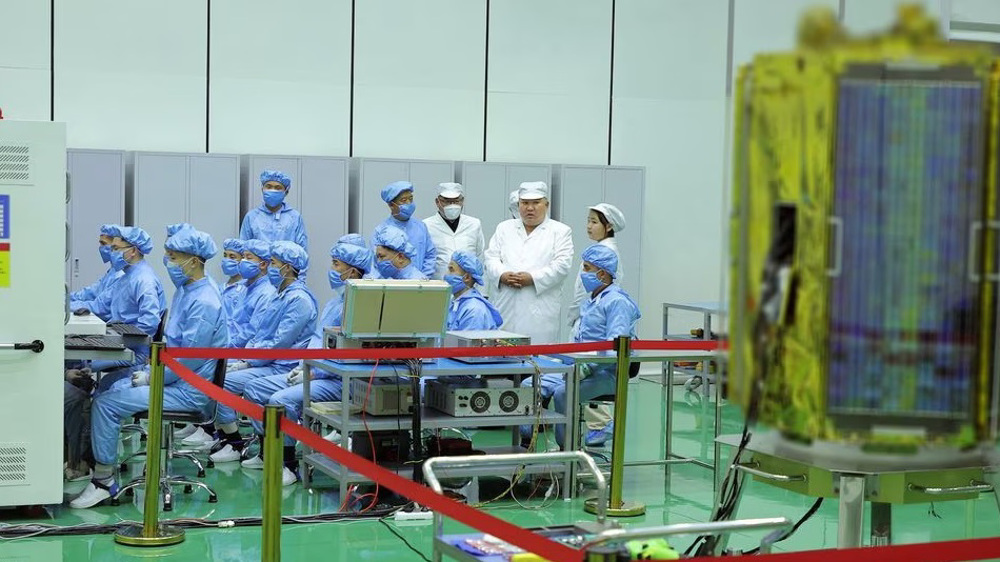
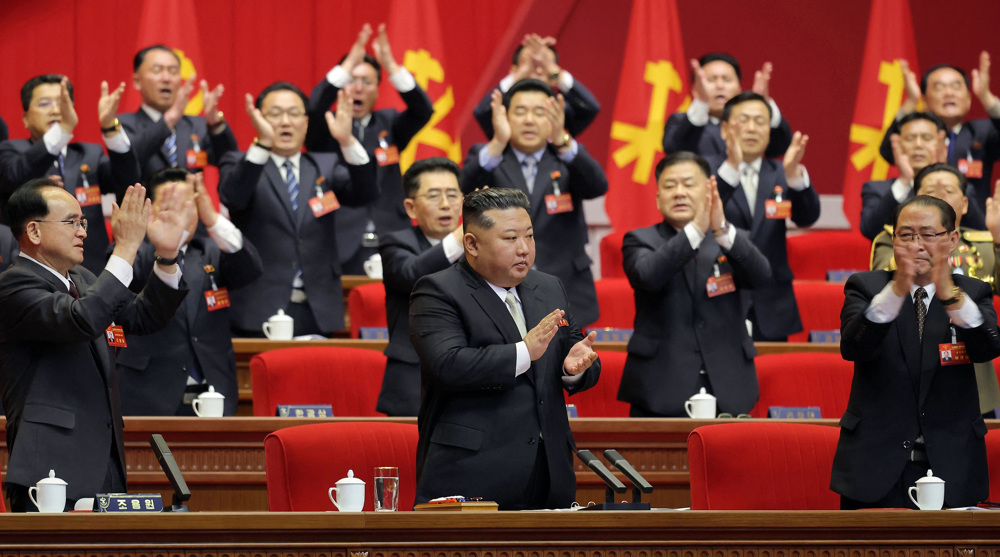

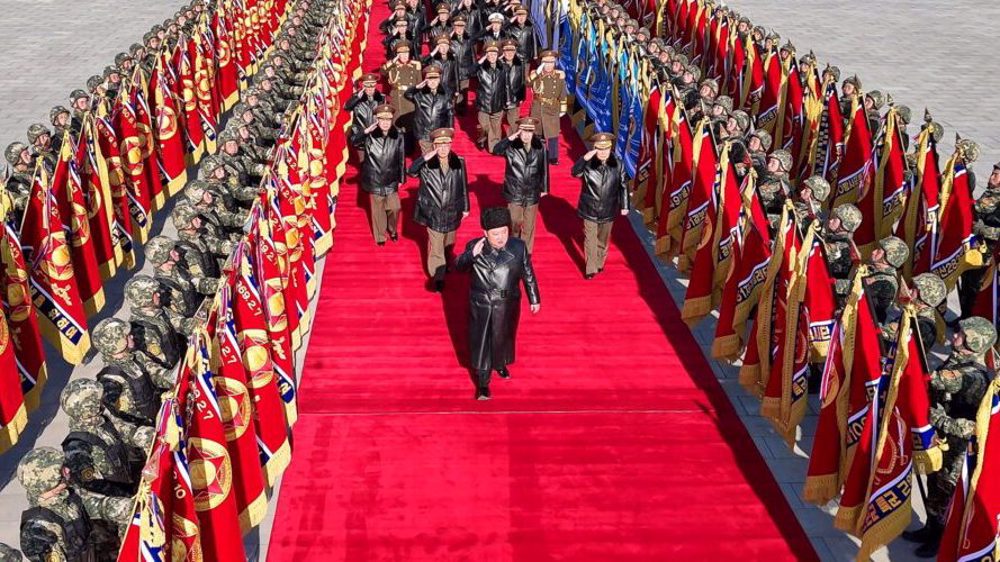



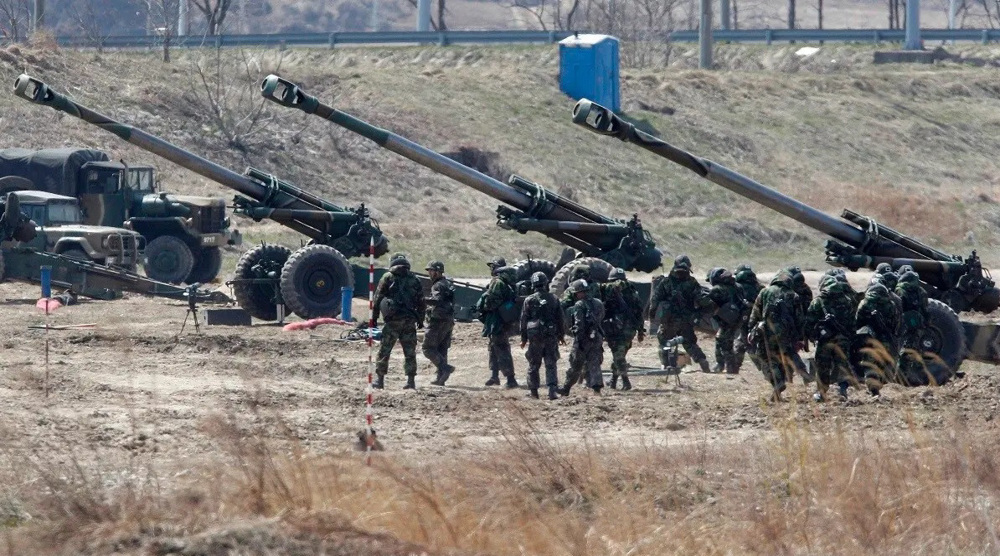

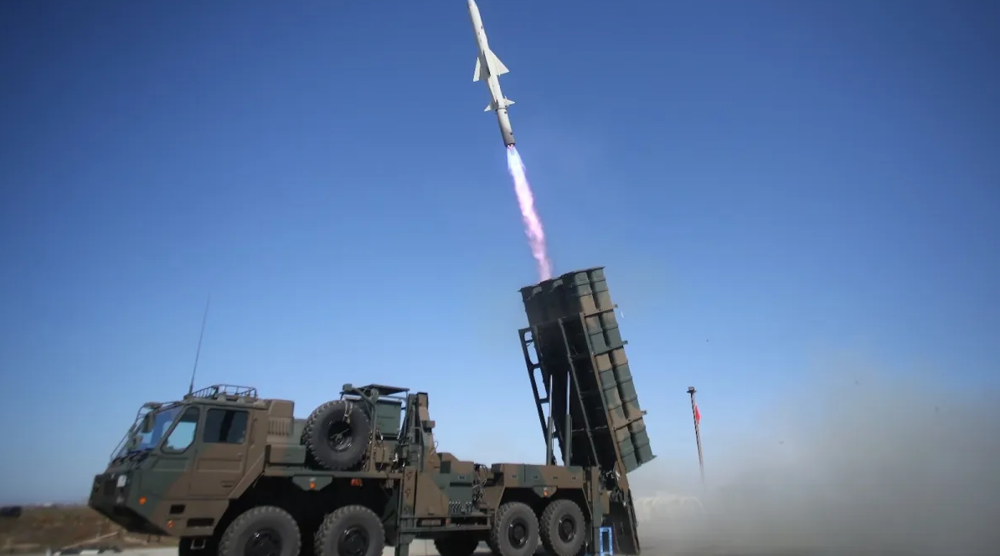
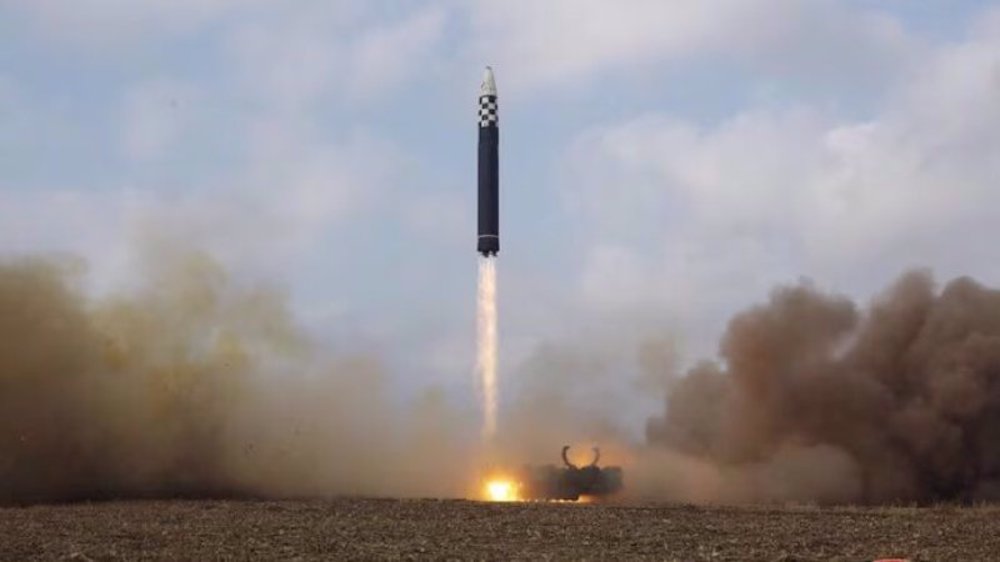

 This makes it easy to access the Press TV website
This makes it easy to access the Press TV website